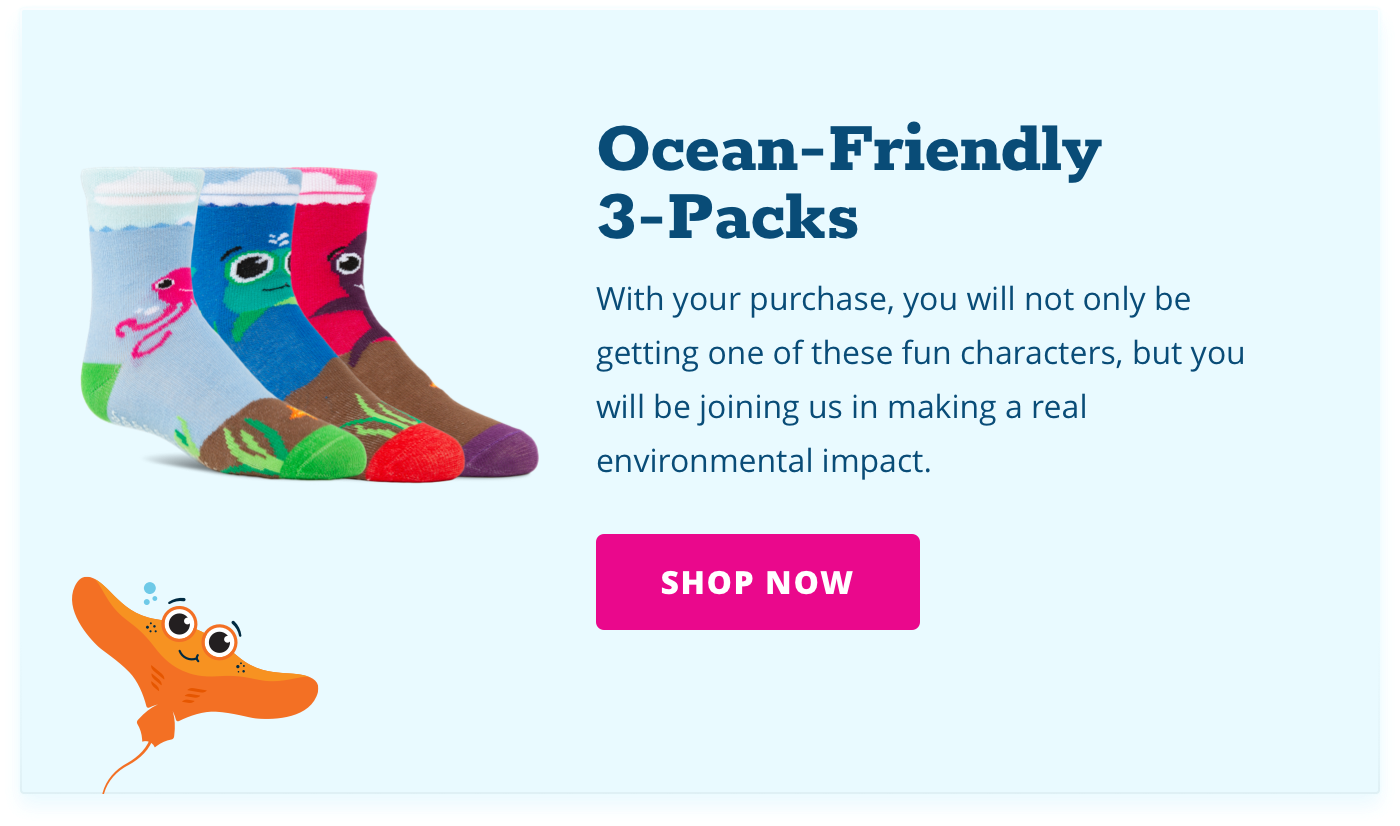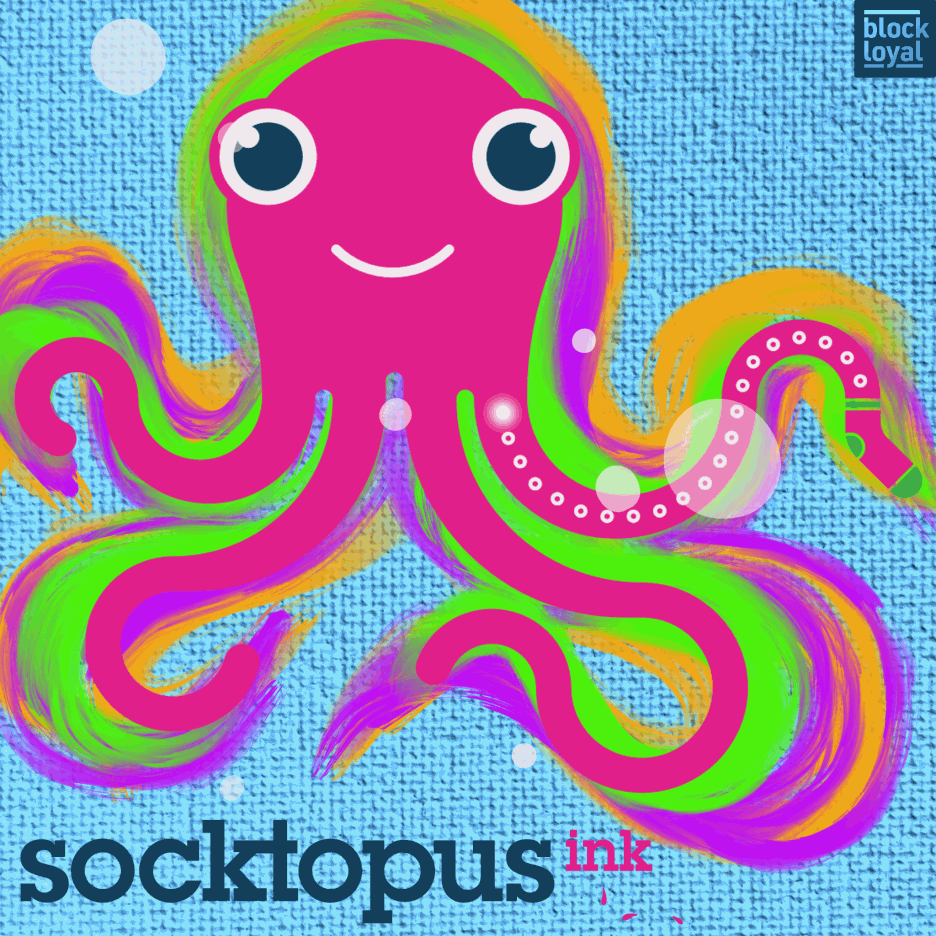Getting kids to make good choices can be tough. Parents and families already have so much more to worry about on a daily basis than plastic in the ocean. Fixing some of the world’s problems is, understandably, less of a priority than things like, eating three square meals a day. Let’s face it—most days, getting that much accomplished is a pipe dream.
Helping kids make healthy choices can make it feel like you’re sucking the fun out of everything, but it’s the right thing to do. Young minds take time to develop the connection between happiness and healthy choices. Really, it’s a drop in the bucket compared to all the difficult conversations you must have with kids as a labor of love. Insurmountable as the task may seem, you can get kids to care about a clean ocean that’s free of plastic, well before we are all literally climbing trash mountains.
Humans Have Spent Decades Polluting the Planet
Truthfully, recycling is difficult for generations of parents and young people who may be parents one day. Years of consumerism led us to believe a few harmful things about our relationship with patience, convenience, and the value of things. The rise of single-use items, the TV dinner generation, and the overstatement of the recycling industry make it difficult to face the reality of pollution facts.
It seems like the way we quantify plastic pollution changed overnight. It’s as if we woke up one morning to discover that we created millions of tons of plastic pollution in the ocean, with no signs of slowing down. All of this came crashing down after decades of government policy, schooling, and culture that reassured us recycling was enough. Turns out, it’s not enough, and some people don’t have the first clue about what can be recycled.
Of course, this mess wasn’t created in a matter of days, weeks, or months, but decades. The best way for us to address the problem of plastic pollution now is to encourage future generations to be more conscious consumers than those who came before.
There is no better time for new parents to impact the development cycle of future generations. Kids have squishy, developing, malleable minds that are waiting to learn and grow. We may not be able to undo the damage of plastic pollution all at once, but we can make a conscious effort to change the future.
The best part of working with kids to make a difference is that if you have already made it this far, it will not require drastic change. It simply means taking on a personal commitment to fight plastic pollution in a way that’s sustainable for you. It can be fun, affordable, and gradual. Amid the chaos of climate change, a world pandemic, and uncertainty, you can take solace in the fact that there are still many parts of life that you can control.
Make a Difference Through Play and the Everyday
Learning through play isn’t just fun for kids and adults, it’s one of the best ways for kids to learn. From a child development perspective, exploration activities and games are essential for initiating a child’s first learning moments. Playful behavior ranges from self-led free play, to directed activities with instructions from adults. Playing is one of the first ways kids learn to connect all of the overlapping experiences they’ve had at home, in school, and in the world.
Kids begin to learn and develop from birth, making sense of the world around them and finding meaning in the things most of us already know. Play naturally encourages learning skills like planning, trial and error, logic and analytical thought, and a world of creativity. Kids will seize any opportunity to become physically, mentally, and verbally engaged with a playful activity.
Of course, you don’t have to be an expert in child development to make everyday moments about recycling into fun, memorable lessons. You simply have to be a little more playful. Through the careful, intentional, and opportunistic lens of play, you can help kids get curious about taking care of the planet.
Playtime in Perspective: Getting Kids Curious About What Can Be Recycled
Play takes many forms, which can make the process of raising an eco-conscious kid seem hectic. Parents can introduce a range of activities to help inspire new ways of thinking in kids, from one-on-one parent time, to self-guided activities, to building social circles with peers and the community around them.
Focus on everyday activities that make environmentalism a habit, rather than a chore. Kids will learn to care about the planet, recycling, and combating polluting industries through the everyday learning and fun. More importantly, you have to do things that are sustainable for you and your family. Here are some ideas for ways to get started with bringing environmental consciousness into play:
-
Get outside: Simply enjoying time outside is good for your mental and physical health. It’s also an easy opportunity to encourage mindfulness and appreciation of nature. Your child will remember bike rides through golden-hour sunsets, observing plants from the places they grew up, and so much more than you can predict. For younger kids, there’s nothing quite like running amok through a natural playground. Older kids may enjoy more structured projects outside. Nature can spark conversations and thoughts that shape critical ways of thinking. Parents can play a part by encouraging closer observations of nature, too.
-
Shop around: It’s true that kids can inherit the spending, brand, and consumption choices of their families. What better way to influence the buying habits of future generations from the start, than to set them up for success? Make it a fun adventure to determine how much you need without making too much waste. Take time to shop locally at farmers’ markets, thrift stores, and other eco-friendly businesses. Think about other spending habits that are connected to consumption, like energy costs, transportation needs, and the life cycle of what you own.
- Make friends: Search for environmentally conscious groups in your neighborhood, and make it a date! Few things are better than time spent with friends, family, and loved ones. Kids are easily influenced by the behaviors and perceptions of their peers. Encouraging environmentalism as a social habit will get kids curious about taking care of the planet to better their relationships and role as an activist.
Ultimately, you want to empower kids to enjoy nature, ask questions, and take meaningful steps to solve problems. When the world’s issues are important to you, chances are, they’re going to matter to your kids, too.
Pass Down the Importance of a Clean Ocean
We all want the best for our kids, which means setting them up for success in different ways. Let’s not exclude a healthy planet and clean ocean from that. What we do with kids now will make a difference in generations of kids to come. Raising kids to protect ocean life and the endangered ecosystems of the planet is something we can do one step at a time. At Socktopus, Ink, we are changing things one sock at a time.
Our plan is to create fun socks made of recycled water bottles, to address the issue of plastic in the ocean. Every sock is made of 100% recycled plastic, which is turned into cozy and colorful fibers for durable socks. Kids and parents will love the Socktopus, Ink. crew: Bubbles, Bobtopus, Shelldon, and the rest of the crew will be a reminder that the solution to pollution is at our feet. A clean ocean can start with a daily reminder that ocean life needs protection from human activity.
No one can bear the burden of the world’s problems alone. When you support ethical clothing companies and make sustainable purchases, you automatically lower your average impact as a consumer, and inspire your kids to do the same. It’s important to practice what you preach if you want to pass on values like living on a clean planet.



